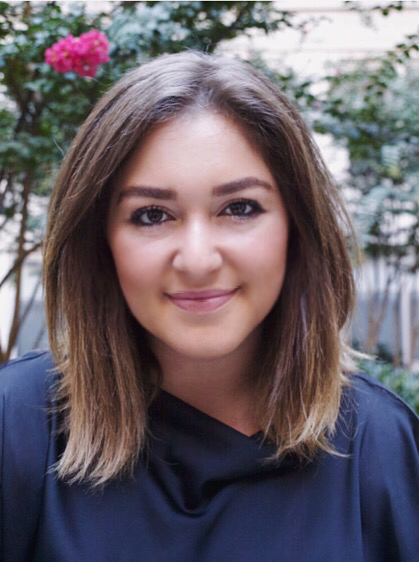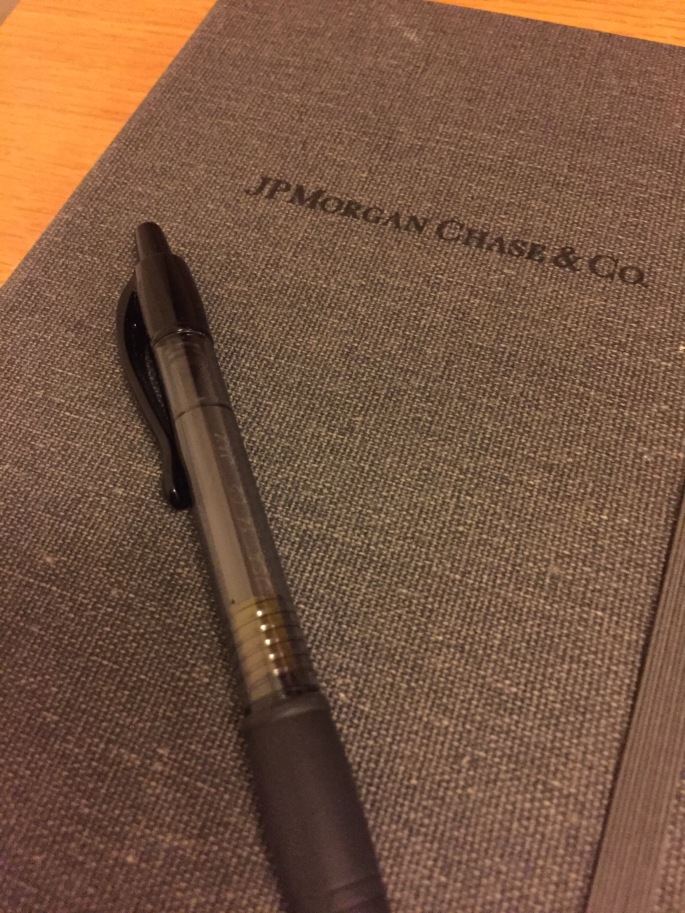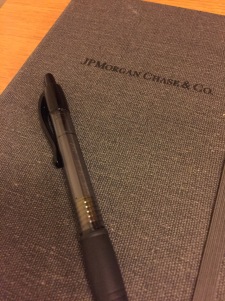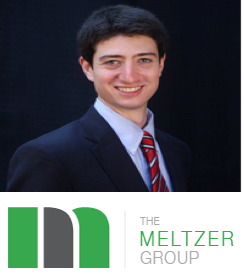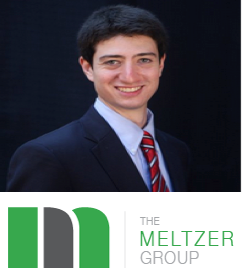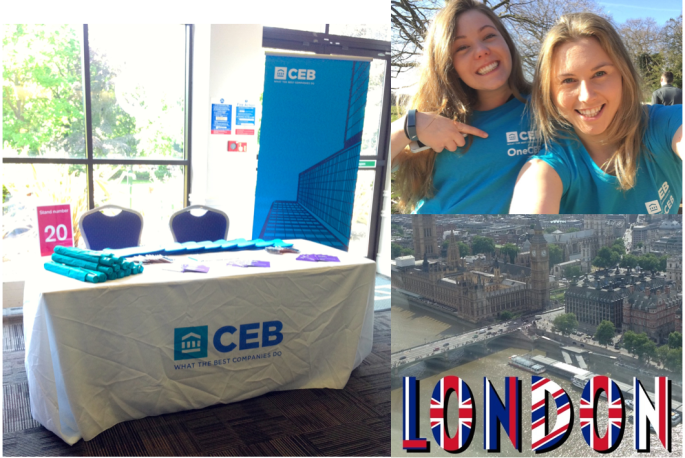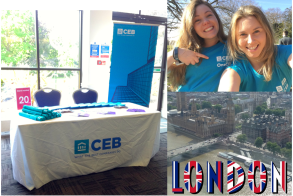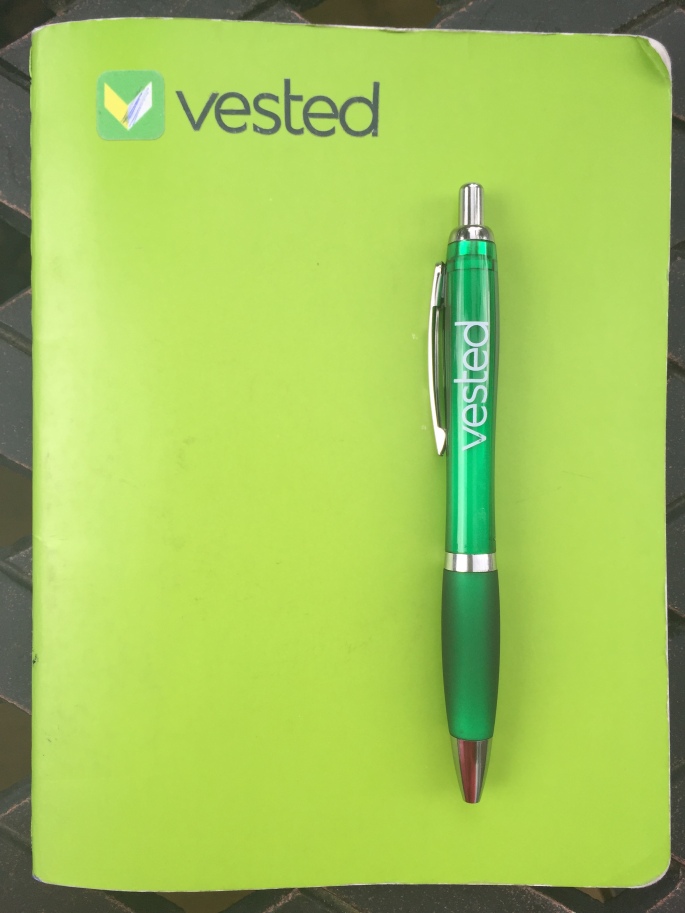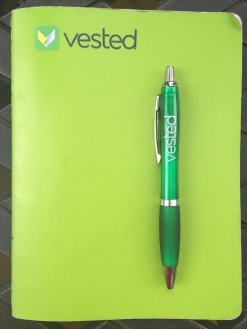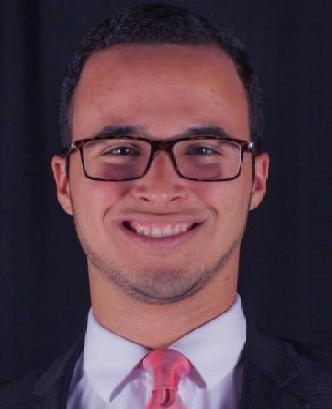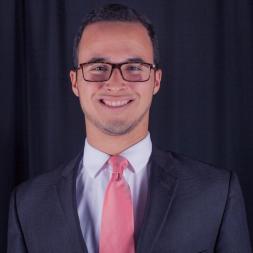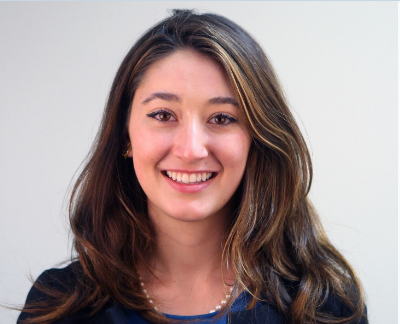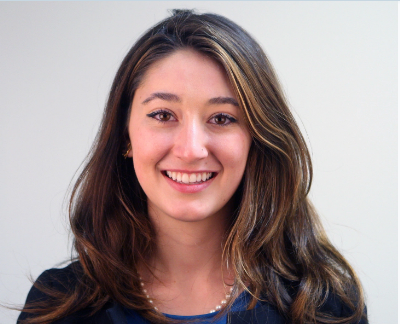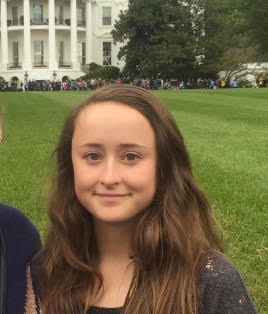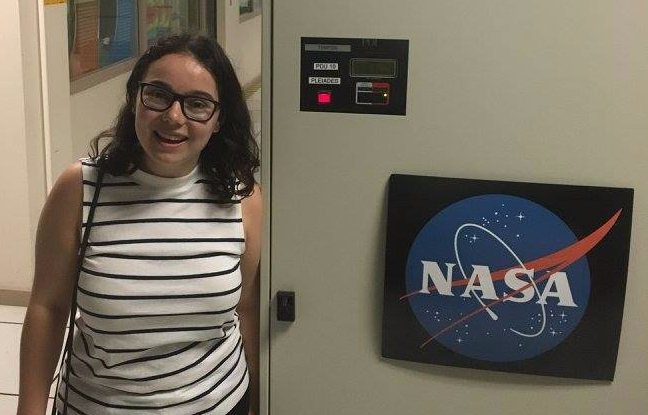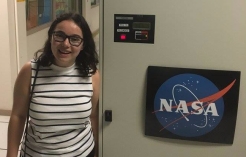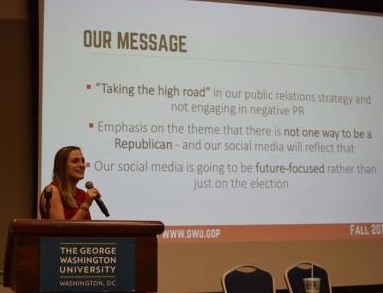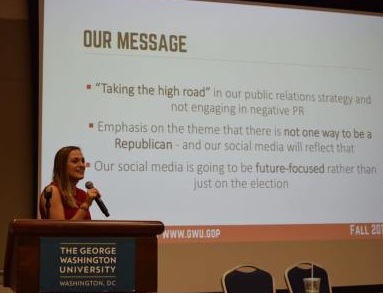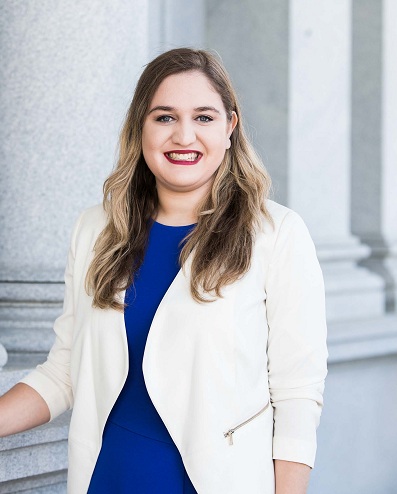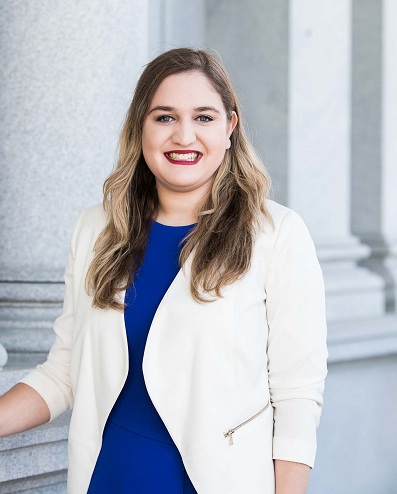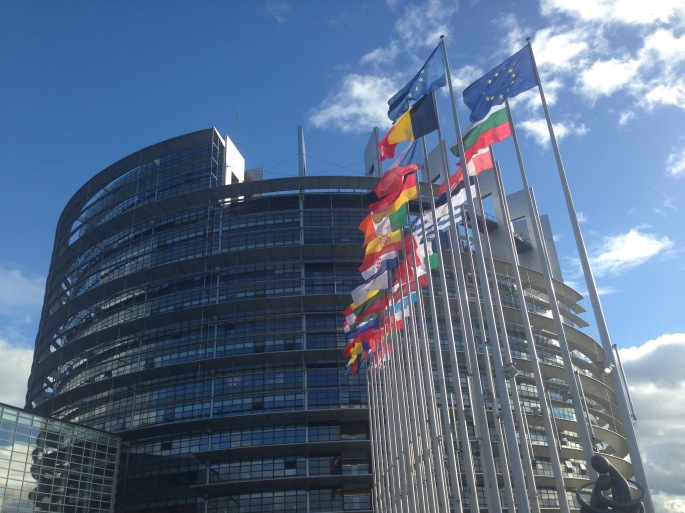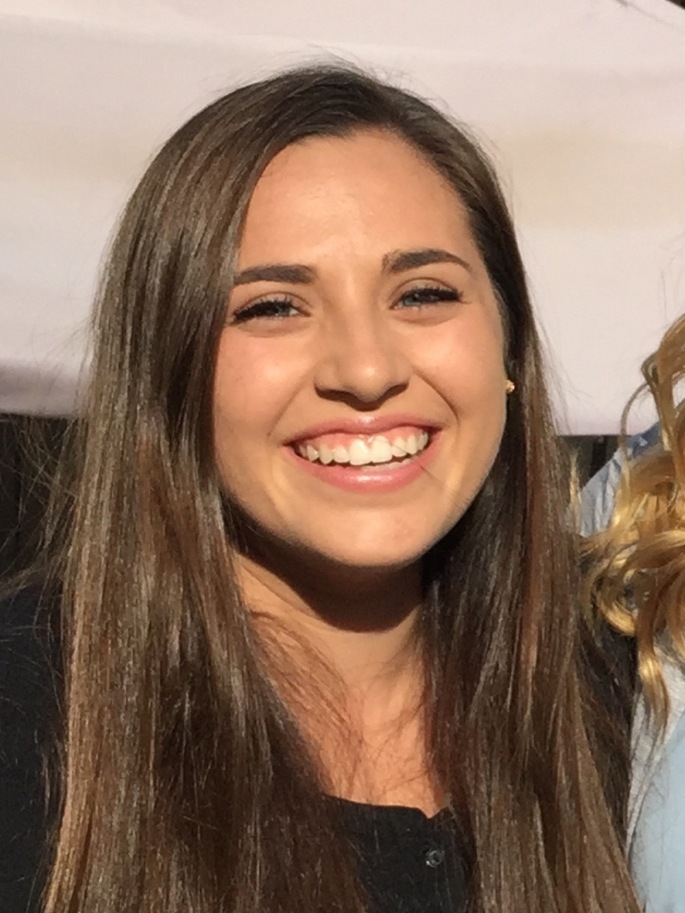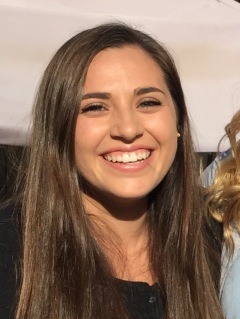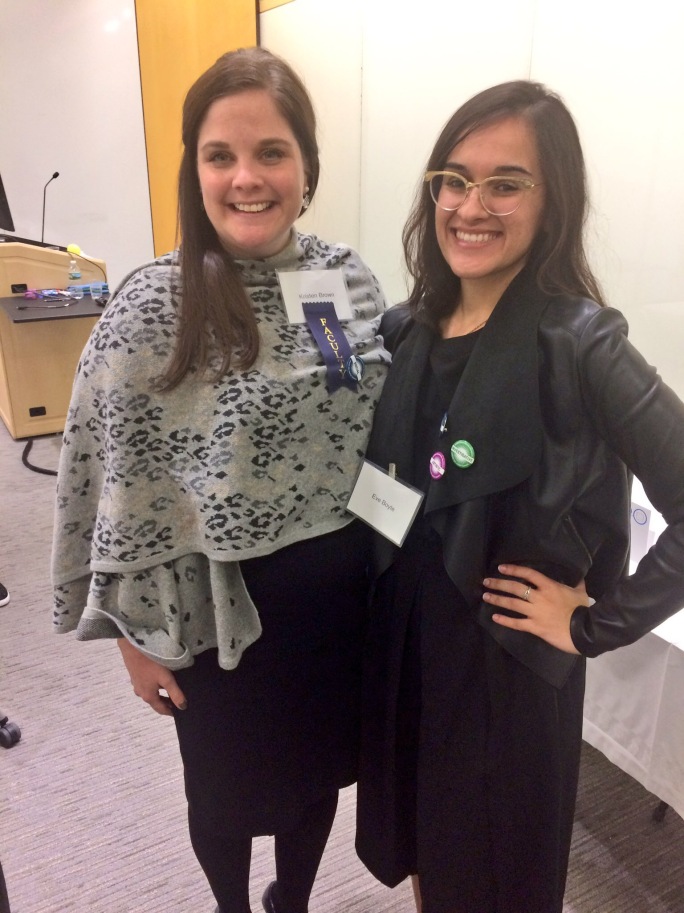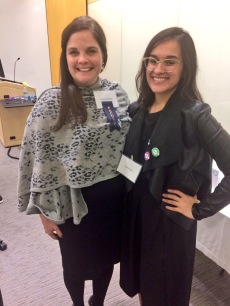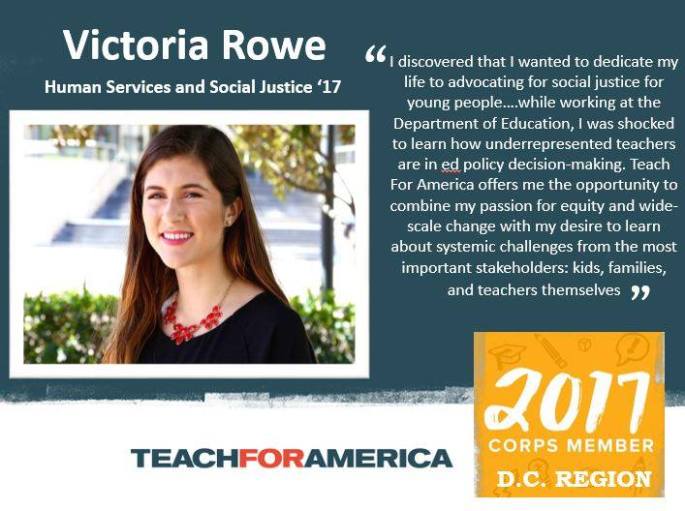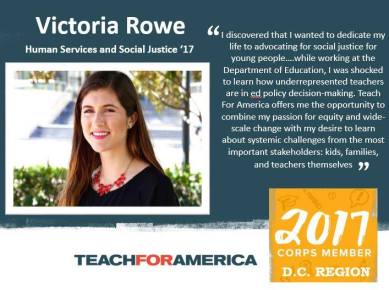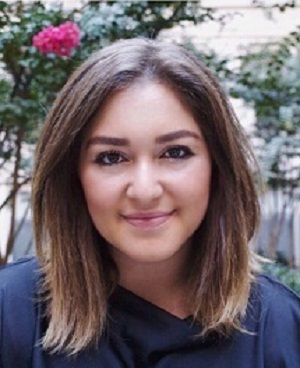
By Michelle Migdalovich | BA in International Affairs and Economics | Class of 2016
There is no word to describe the job-search process better than daunting. You will be permanently in a suit and heels, checking GWork incessantly, and your bag will be filled with a million random business cards. Get ready to wait anxiously by the phone like never before (which will NEVER ring when you want it to. FYI—it will almost always ring in the middle of your thesis presentation). However, for me, On-Campus Recruiting (OCR) made this stressful, scary and nerve-wracking process manageable and allowed me to learn skills and techniques in order to become employed post-graduation.
If you are like me and are all over the place in terms of searching for a job, I would first suggest that you choose the top firms in which you have an interest. That way, you get to sincerely focus on those companies. From there, attend all the info sessions you possibly can for those companies to get the general vibe. Info sessions are crucial: you learn for which positions the firm is recruiting, expectations/procedures, and you get to network with current employees. Networking with these employees is VITAL. It may be scary and seem unnatural, but they are there to help, so put yourself at ease and get out there! You might not even think about it, but even staying after a session and asking some questions will help those employees remember your face – you never know who will be conducting your interview!
Quick tip: Always ask for a business card after you speak to someone, add him or her on LinkedIn if you feel comfortable doing so, and always, always, always send a friendly thank you e-mail note!
Next: the dreaded interview. When preparing for the consulting field, the case study is seemingly the scariest part of the interview process. Grabbing a buddy and doing practice case studies is truly what helped me the most – you start to understand the patterns of the cases and for what the interviewer may be looking. There are different strategies to the case study, and most companies post practice cases online that are very helpful (Deloitte’s are broken down by sector and are great!). YouTube and the MConsulting Prep videos are lifesavers. Another odd tip is to learn how to write down the information presented in the case study in an organized way, so that when you are under pressure, you can easily keep your thoughts straight. For behavioral interviews, grab your buddy and practice potential questions out loud. There are a bunch of practice questions you can find both online and in the Interview Prep Guide from the Center for Career Services. The more you practice, the easier these questions become. Soon enough, your answers will come automatically and authentically!
Another helpful tip for interviews is to become knowledgeable about the company. This includes going on their website or Wikipedia and learning the company structure, reaching out to people on LinkedIn and asking them why they enjoy where they work, or looking at the firm’s charity efforts and programs. Be specific about why exactly you would like to work for this firm. For example, before my second round Deloitte interview (I will be starting there in October as a Strategy and Operations Analyst), I spoke on the phone with an employee from Boston. He described the competitive and stimulating environment at Deloitte and told me how he was never bored. This was exactly the kind of environment I felt I could succeed in. When asked “Why Deloitte?” in my interview, I had a very succinct answer that displayed initiative and genuine interest. Employers find this initiative and specificity very impressive because it demonstrates thoroughness and passion.
Another important thing to do is to know your resume inside and out. I was asked during one Super Day to take each interviewer through my resume. Include interesting activities you enjoy such as music, hiking, reading, etc. and be sure that for all of your previous jobs, you explain not what you did, but what you learned.
Quick Tip: your resume should show not only tasks you’ve completed but also how those tasks were useful to the employer. For example: instead of writing, “Prepared and compiled extensive research of the U.S. Code,” write “Prepared and compiled extensive research of the U.S. Code for UN use.” This will show the interviewer not only what you completed, but why you did so and what it was used for.
Lastly, the one piece of advice that I received during the process that really changed the way I viewed interviews was “be confident”. That might sound simple and obvious, but it makes all the difference. If you are in a case study and are not sure what the interviewer is looking for, describe your reasoning and be confident in it. I had one interview in which I simply could not grasp the case study. I took a breath and started talking about something I knew and in which I was confident: how to build a regression. Little did I know that my interviewer’s specialty was econometrics. You may not provide the exact answer, but your answer might be the creative and different outlook for which your interviewer is looking. Don’t question your answer: during an interview, your goal should be to show that you are passionate, excited, and confident in your abilities – so simply be confident!
I will leave you with this: the job-search process is daunting and not particularly what anyone wants to be doing the fall of their senior year, however, the ends completely justify the means. The Center for Career Services is truly there for you – for interview prep, resume workshops, and to answer any questions you may have (I bothered them incessantly and have the inbox to prove it). So grab a Redbull (or three), a coffee, some resume paper, post-up in GelHell, and best of luck!

